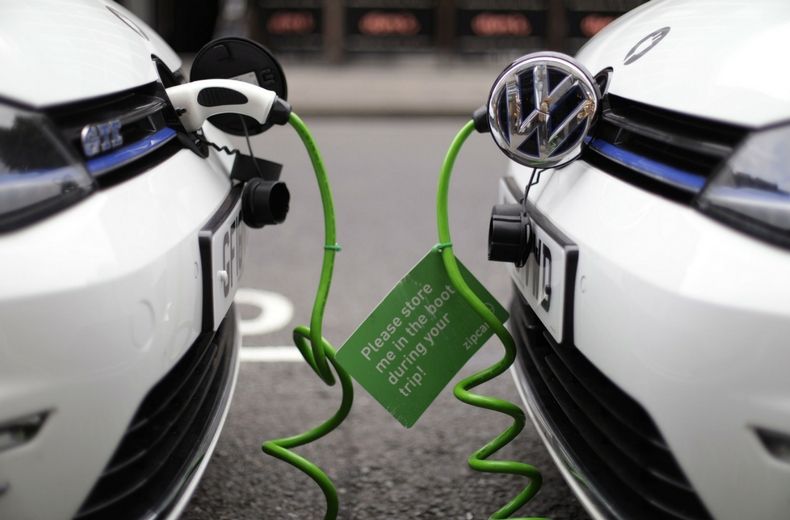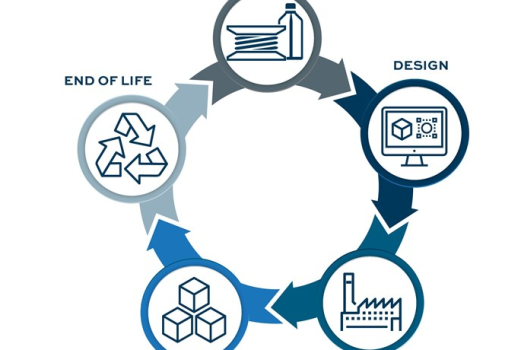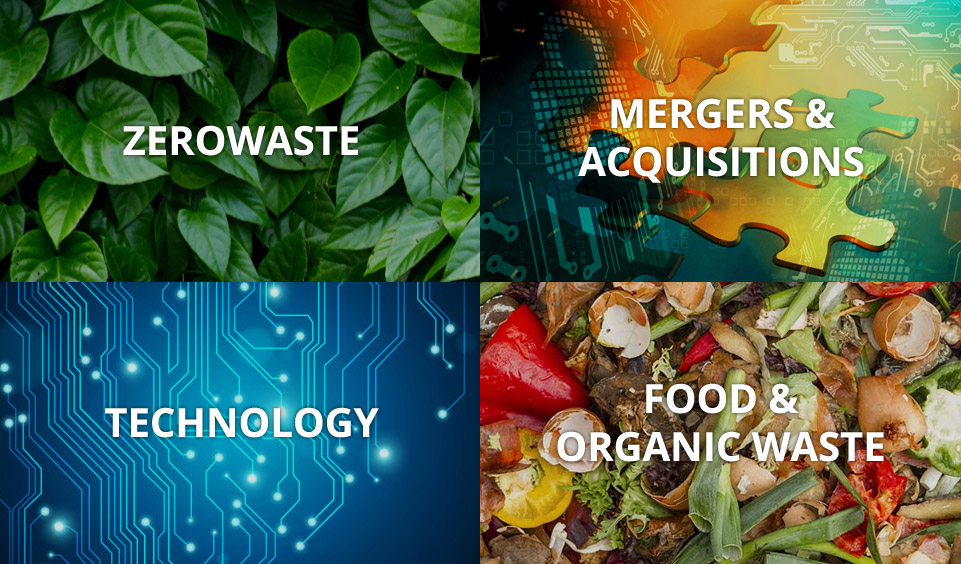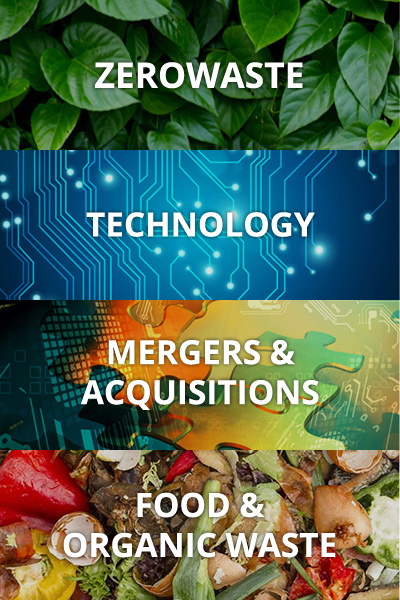
The future of transportation is about to undergo a radical transformation, and two major advancements are driving this change: biofuels and electric vehicles.
Biofuels: The Energy Revolution We Need
Can you imagine a world where you can fuel up your car with a cheaper and eco-friendlier option? That reality is closer than you think, thanks to biofuels. But what exactly are biofuels, and how do they work?
Biofuels are created from organic sources such as crops, waste, and algae. The process transforms biomass into a usable energy source. There are various forms of biofuels, from bioethanol to biodiesel to biogas, and they can be used alone or blended with traditional fuels.
The Benefits of Biofuels:
- The advantages of biofuels are unmistakable.
- They emit fewer greenhouse gases, making them a greener option than fossil fuels.
- They also reduce our dependence on foreign oil, securing our energy future.
Why aren’t we using biofuels more often in our transportation? The answer lies in the fact that biofuels are a relatively new technology and are costlier to produce compared to traditional fossil fuels. However, with technological advancements and increased investment, biofuels are becoming more accessible. And, they’ll soon become more popular in the transportation mediums.
With climate change and energy security as major global issues, biofuels present a promising solution. They offer a cleaner, more sustainable alternative to traditional fossil fuels and have the potential to change the way we power our world.
Imagine a future where your mode of transportation not only reduces your carbon footprint but also saves you money. Say hello to electric vehicles.
Electric Vehicles: The Future is Already Here
EVs, as they’re commonly referred to, are powered by rechargeable batteries and produce zero emissions. This makes them the cleanest form of transportation. But the advantages don’t stop there. The smooth, quiet ride and instant torque of an electric vehicle are sure to elevate your driving experience.
Maintenance is a breeze with EVs too. With fewer moving parts and lower fuel costs, the total cost of ownership is often lower than traditional gas-powered vehicles.
Governments globally are supporting the transition to electric vehicles by offering incentives such as tax credits and grants. Cities are also investing in infrastructure, such as charging stations, to make the switch even more accessible.
Electric vehicles are the future of transportation, offering a combination of eco-friendliness, cost savings, and a superior driving experience.
Adopting Biofuels and Electric Vehicles in Your Daily Lives
Here’s a step-by-step guide to help you make the switch:
Get educated: Understanding the basics of biofuels and EVs is crucial. Learn about their environmental impact, various types, and how they stack up against traditional fossil fuels.
Evaluate your driving habits: Knowing your average daily distance, and the types of trips you typically make, will help you determine which alternative is right for you.
Budgeting: Biofuels and EVs may cost more upfront, but many governments offer incentives like tax credits or rebates to ease the transition.
Shop smart: Consider factors like fuel efficiency, range, and charging time when choosing the best option for your needs and budget.
Make the move: Whether converting your current vehicle or purchasing a new or used EV, it’s time to go green!
Charging and refueling: Plan for how you’ll keep your biofuel or EV charged and fueled. Installing a home charging station for an EV or finding nearby biofuel stations can make all the difference.
Lead by example: Finally, once you’ve made the switch, share your experience and encourage others to follow suit. Together, we can create a more sustainable future, one biofuel and EV at a time.



